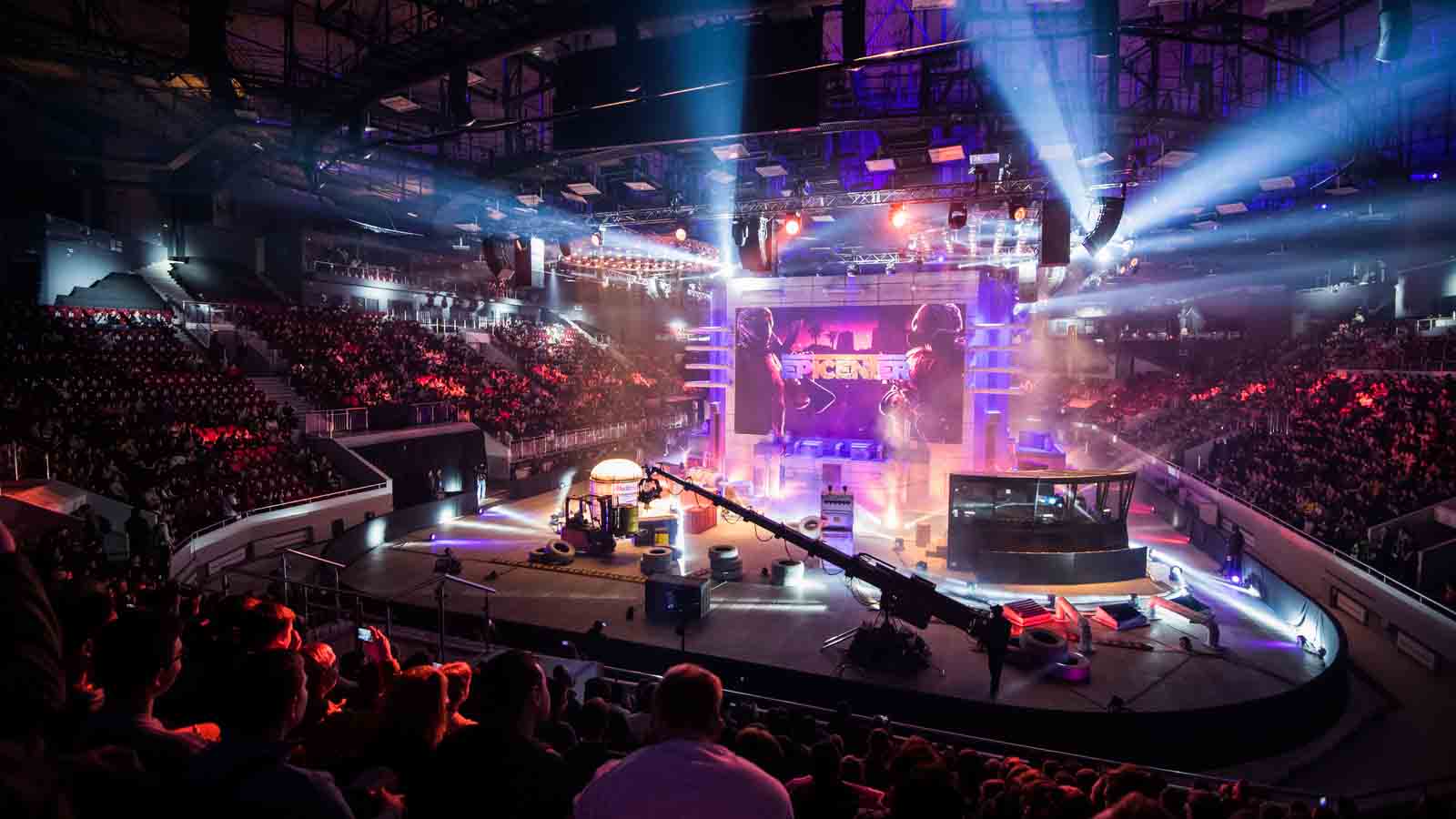Today’s retailers face more and more challenges reaching consumers with ads and promotions. In part, that’s caused by the decreasing relevance of physical advertising – flyers and brochures are rarely used, posters often go unnoticed, and billboard real-estate is increasingly expensive. Moving to digital advertising is one way for businesses to continue reaching their customers. Adcombi’s hyperlocal advertising technology, which automates creating line items on the DSP, allows you to do that at a local level – targeting customers by distance from your store. That already increases ad relevance and enables you to build local advertising impact for each location in your network.
At the same time, Adcombi’s technology allows you to build more ad relevance by displaying custom products and promotions per location via dynamic creatives. Those creatives are generated from a data feed which is based on pre-set triggers such as product availability, ongoing discounts, or even the weather. That allows you to build relevant ads campaigns around your locations with safety checks in place to ensure that products aren’t advertised after selling out, or when they’re not relevant.
How Advertising with Retail Triggers Works
When you build a campaign with Adcombi, our technology automatically creates a line item on the DSP per location you have. Each of those line items has its own polygon-targeted geographical radius, advertising location polygon, or geographical radius based on advertising area, which we use to ensure that ads are only visible to relevant customers. So, we use geotargeting to choose where to display ads. Now, we are also able to dynamically turn the campaign on or off for each location.
Here, we integrate a real-time data feed, either from your organization or from a third party. Then, we build logic to turn ads on and off when data from the feed hits certain thresholds. Finally, we set a synchronization schedule to update line items multiple times per day to ensure that ads stay up to date with data.
Those triggers work with nearly any industry and any location. For example:
- Turn ads on when your agenda has available space
- Turn off ads for promotions when stock gets too low
- Turn off ads for specific models or features when stock gets too low
- Remove items from ad rotation when stock gets too low
- Display weather-relevant ads E.g., sunscreen when it’s sunny, no umbrellas when it’s sunny
- Display ad when TV program has just aired
Once we implement the logic as part of your campaign, you can apply it to any kind of data to turn the ad on or off. And, because Adcombi is built as a DSP plugin, you can use it as part of your existing DSP.
Case Study with TicketSwap
TicketSwap is one of Europe’s largest ticket exchange marketplaces, allowing fans to buy and sell second-hand tickets to events such as live music shows, club nights, theater, comedy and more. Ticket resale platforms like TicketSwap offer fans the chance to find tickets to their favourite events – even those which are sold out – in a safe and secure environment. TicketSwap in particular caps the resale price on tickets to a maximum of +20% of the original price. In turn, this protects fans from ‘touts’ or ‘scalpers’, who typically buy a large volume of high-demand tickets and sell them for an inflated price. But, in order to use that service, consumers have to know and trust the ticket exchange. While ticket resale has been an established part of the ticketing industry in the Netherlands for at least a decade, it’s a newer concept to other markets in which TicketSwap is established, such as Germany. And, in other markets, such as France and the UK, there is room for greater education about how the app works, and the safety it offers its users against fraud and touts.
Because of this, TicketSwap asked Adcombi to build and deliver a trial campaign in Germany and France. Here, the goal of the program was to reduce the total amount of unsold tickets using ads. To achieve this, Adcombi leveraged our hyperlocal advertising technology, which pulls from a data feed to create line items in the DSP. TicketSwap sent us a list of 50 venues, half in France and half in Germany. That list included all upcoming events, showtimes, available tickets, etc., which was updated in real time.
The concept was that if we could advertise low-cost tickets to local consumers, they might decide to go to a nearby venue last minute. So, we built campaigns around each of the 50 venues, with a line item per venue. We also wanted to ensure relevance, so we chose to display ads within a 5-kilometer radius around each. Then, we built a check to assess which ads should be shown on a given day. That check first assessed which venues had upcoming events, on average, that would be 20-30 of them. We then prioritized ad display based on the first upcoming event. So, if venue A had an event on 4 days of the upcoming week, we’d only advertise the first one, until after that event.
Finally, we created a trigger to display ads for that event if TicketSwap’s available tickets exceeded 5. Otherwise, that event would be skipped and the next one advertised instead.
In addition, it was important that we create a failsafe to avoid advertising sold-out events. So, we integrated a check as part of the ad display process. After purchasing the ad, the software would check if tickets were available in TicketSwap. If the answer was no, Adcombi displayed a fallback ad, advertising TicketSwap as a platform, instead. And, when the automated check was performed the following day, ads for that event were automatically turned off if available tickets dropped below 5. This allowed us to ensure that TicketSwap’s budget was spent on creating demand for events with available tickets, while minimizing wasted ad spend.
“AdCombi’s hyperlocal solution allowed us to increase our sold rate for specific venues, driving positive results where it was most relevant ” — Rodrigo Kato Performance Marketing Manager — TicketSwap
Adcombi’s hyperlocal advertising technology combines with real-time data feeds and retail triggers to enable extremely relevant ads that trigger based on custom data and turn off when those conditions are no longer met. That enables you to reach specific audiences with relevant offers and then turn those ads off automatically. If you’d like to learn more about our advertising technology or you’d like to discuss your own campaign needs, contact us to set up a call.





